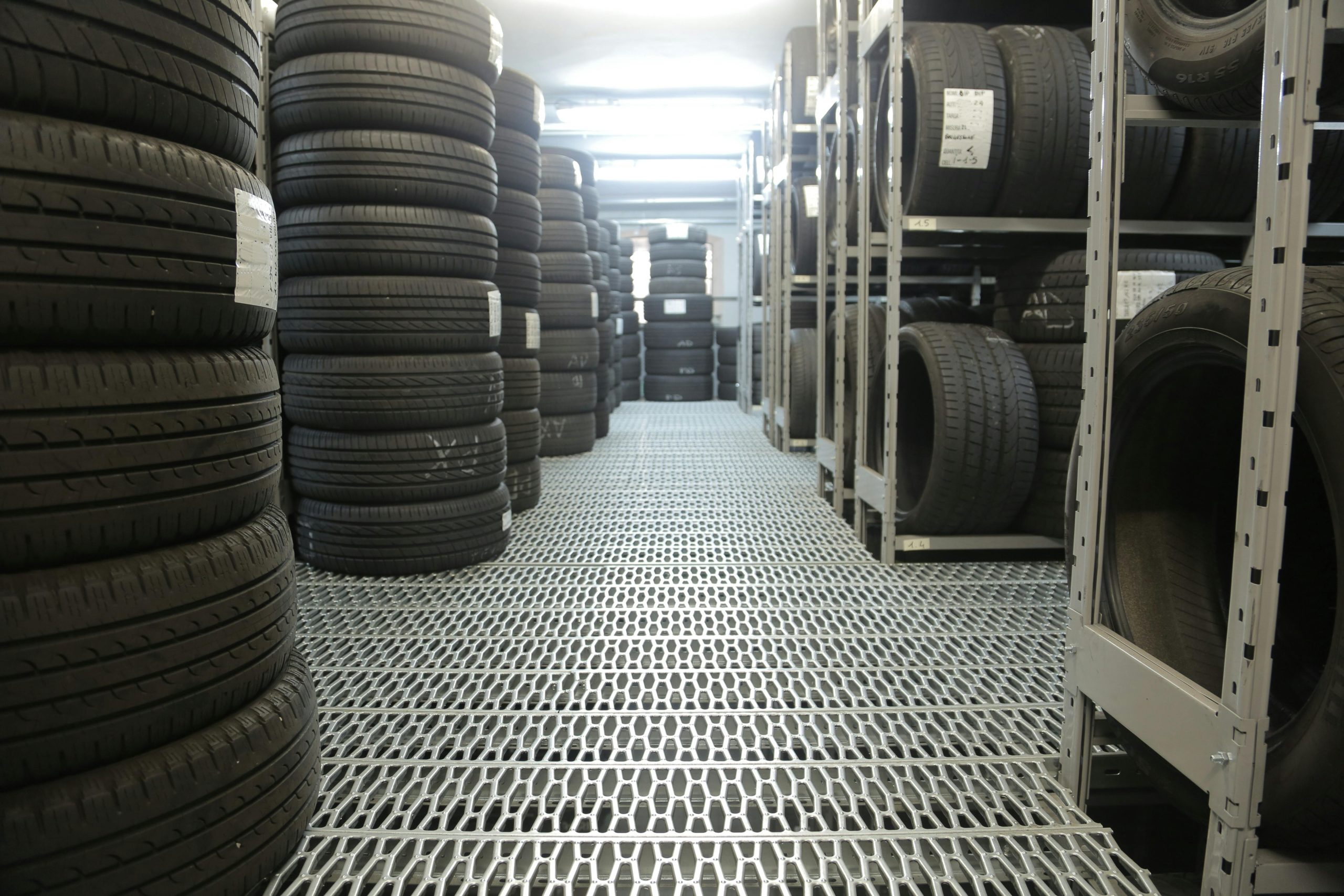Understanding the Challenges of Post-Accident Vehicle Repair and Liability Issues
Navigating Post-Collision Vehicle Repairs and Insurance Responsibilities
A recent experience highlights some common frustrations faced after a vehicle collision and subsequent repairs. After being rear-ended by another driver, I initiated a claim with their insurance company, which accepted liability. The insurance provider directed my vehicle to an approved repair facility to address damages mainly to the rear bumper and backup camera.
Initially, the repair shop experienced delays in the pickup process, but they eventually notified me that the vehicle was ready for collection. To my surprise, upon returning to get the car, I was informed that it would no longer start. The repair technicians attributed the issue to electrical wiring problems, but their stance was that they would not be responsible for fixing it. They instructed me to arrange for towing at my expense and to cover any subsequent repairs.
Prior to the accident, my vehicle was in excellent working condition. I personally drove it to the repair shop, and diagnostic tests confirmed no issues apart from the damage being repaired. Despite this, the insurance company representing the at-fault driver has declined further responsibility, leaving me with a non-operational vehicle, unexpected electrical problems, and a towing expense I now have to cover on my own.
Seeking Solutions and Next Steps
This situation raises important questions about how to handle unexpected post-repair issues that are seemingly unrelated to the original damage. If you find yourself in a similar position, consider the following options:
-
Document Everything: Keep detailed records of all communications, repair estimates, diagnostic reports, and photos of the vehicle’s condition before and after repairs.
-
Consult Legal Advice: An experienced attorney can help determine whether the repair shop’s work or the insurance provider’s liability coverage extends to cover new damages that emerge after repairs.
-
File a Complaint: Reporting the repair shop’s handling of your vehicle to consumer protection agencies or vehicle repair oversight bodies can sometimes help resolve disputes.
-
Independent Inspection: Have an independent mechanic evaluate the vehicle to diagnose the electrical issue and assess whether it’s related to the recent repairs.
-
Review Insurance Policies: Carefully examine the details of your own auto insurance policy; some comprehensive coverage might assist with damages not covered by the at-fault driver’s insurer.
-
Legal Recourse: If evidence suggests that the repair process caused or contributed to the electrical malfunction, pursuing legal action might be an avenue to seek compensation.
Final Thoughts
Cases like these underscore the importance of



